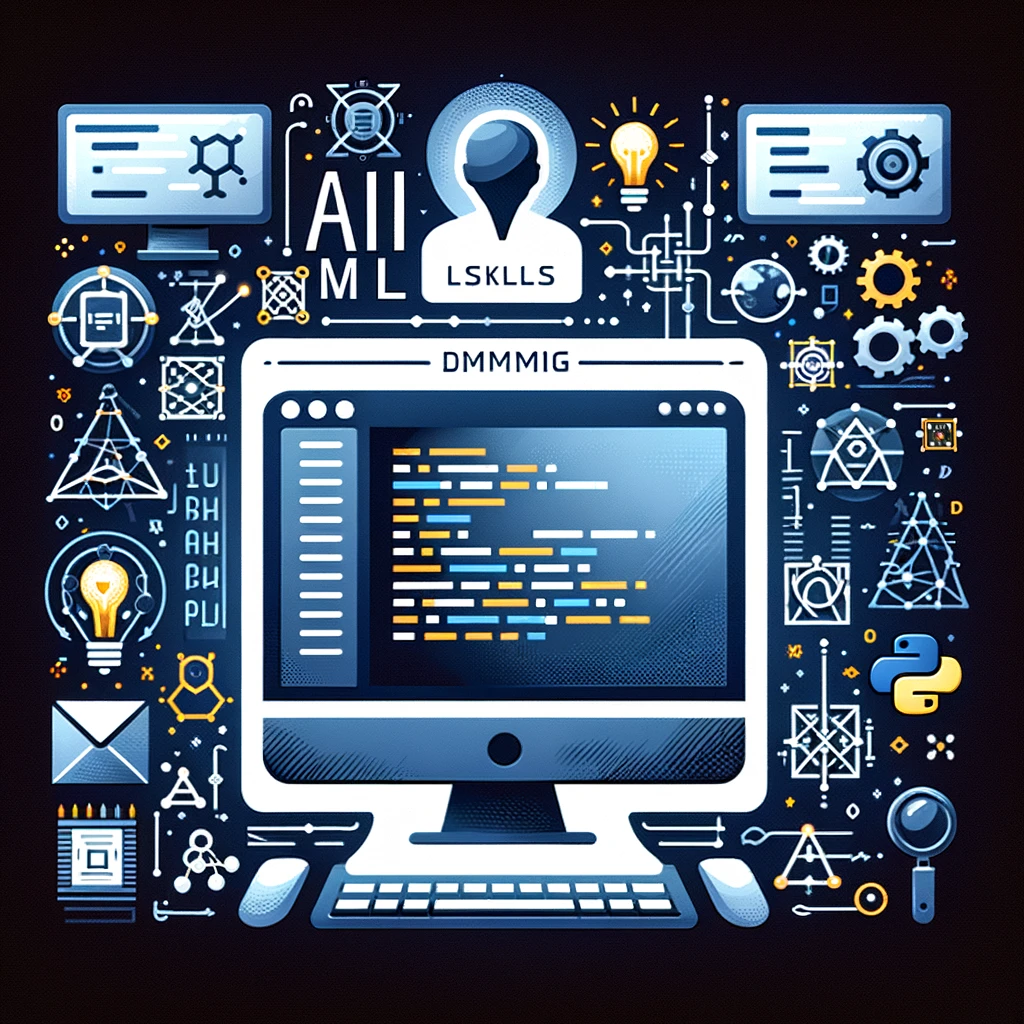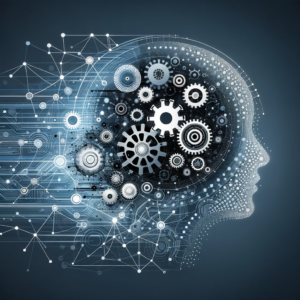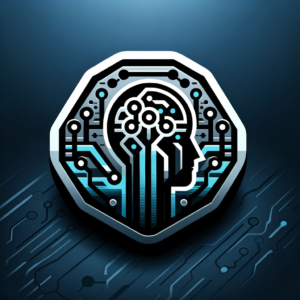Dive into the essential knowledge areas for AI/ML development Fundamentals. From programming to ethics, learn the core skills needed to navigate the realms of artificial intelligence and machine learning.
To develop AI and ML applications, certain foundational knowledge and skills are essential. Here’s a list of the basic knowledge areas that are crucial for anyone looking to get started in AI/ML development.
Focus Keyword: AI/ML Development Fundamentals
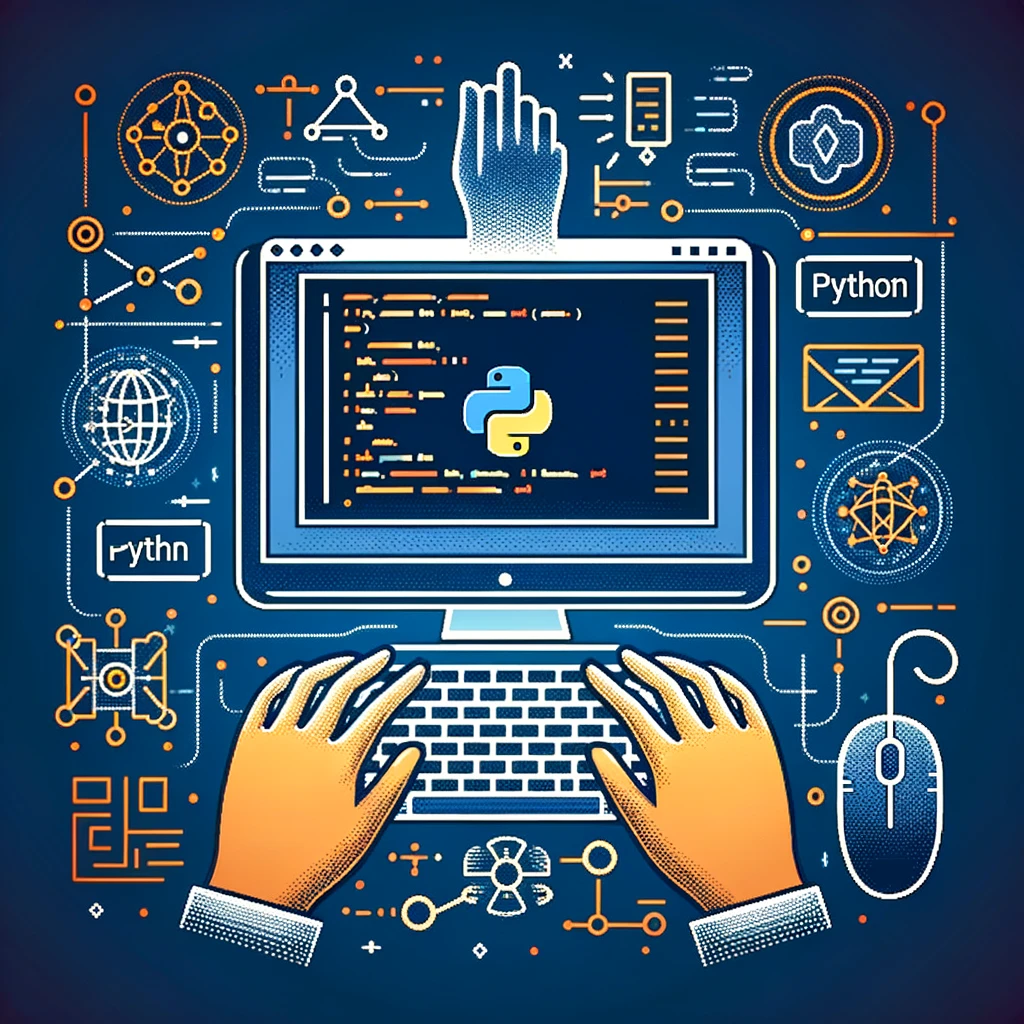
1. Programming Skills
At the heart of AI/ML development is programming. Python reigns supreme due to its straightforward syntax and robust library support, including TensorFlow for deep learning, Keras for high-level neural network APIs, and Scikit-Learn for classical machine learning algorithms. R, Java, and C++ also play significant roles, particularly in statistical computation and high-performance modeling.
- Essential for implementing AI/ML algorithms.
- Python is favored due to its simplicity, readability, and rich ecosystem of libraries like TensorFlow, Keras, and Scikit-Learn.
- Other languages like R are used in statistical analysis, while Java and C++ are preferred for building scalable models.
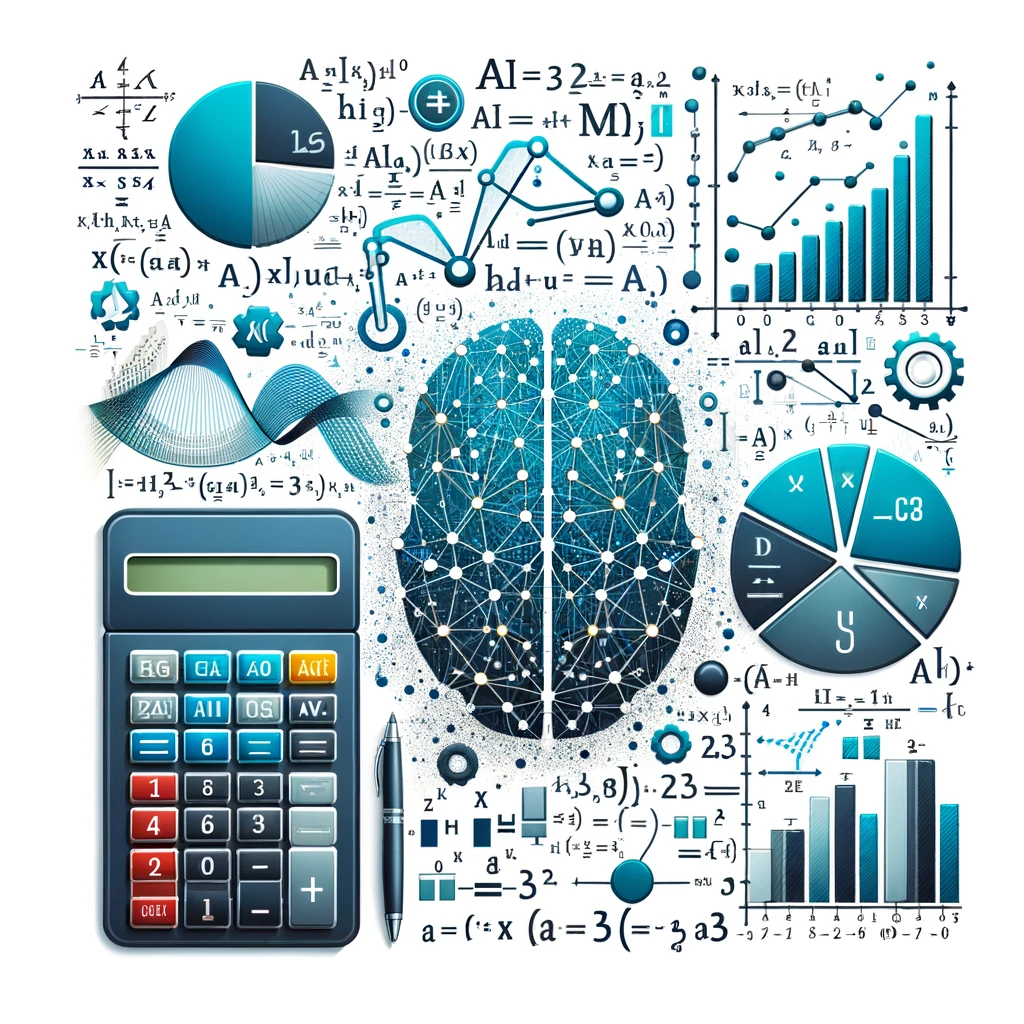
2. Mathematics and Statistics
AI/ML isn’t just about coding; it’s also about mathematical modeling. Linear algebra provides the foundation for data structures, calculus underpins the optimization processes, and statistics power the predictions. These disciplines are non-negotiable in the AI/ML toolkit.
- Linear algebra underpins operations with vectors and matrices, essential in ML models.
- Calculus, especially derivatives and integrals, helps in understanding optimization in ML algorithms.
- Probability theory and statistics are vital for interpreting data, understanding algorithms like Bayesian networks, and making predictions.

3. Data Skills
AI/ML is a data-driven technology. Proficiency in data handling – from cleansing with Pandas to visualization with Matplotlib and Seaborn – is indispensable. These tools help in uncovering the narratives hidden within data and translating them into actionable insights.
- Data preprocessing: Handling missing values, encoding categorical data, and feature scaling.
- Data visualization: Using tools like Matplotlib and Seaborn to create plots and charts that reveal patterns and insights.
- Libraries like Pandas and NumPy for efficient data manipulation and analysis.
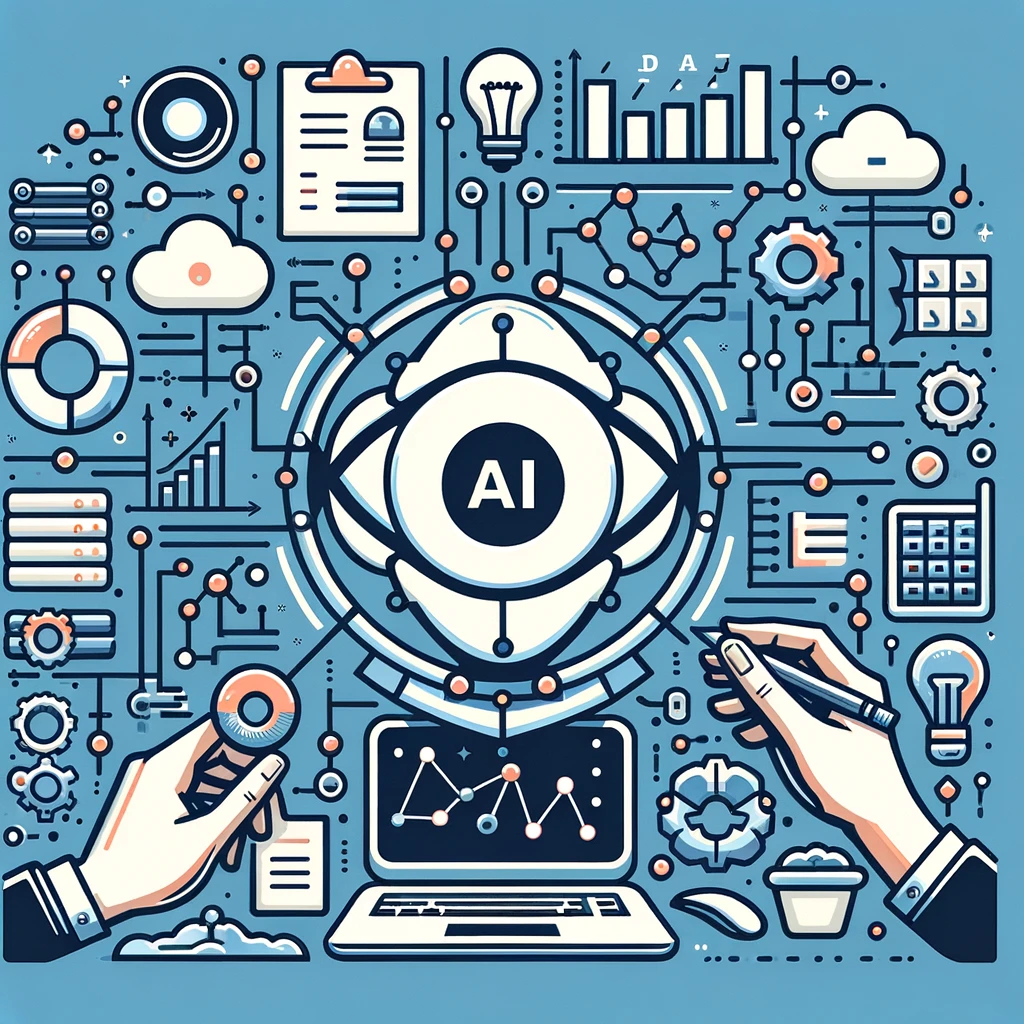
4. Machine Learning Algorithms
Understanding the mechanics of various machine learning algorithms is key. From supervised learning models like decision trees to unsupervised ones like clustering, the ability to choose and tune these algorithms is a skill that distinguishes novices from experts.
- Supervised learning algorithms like linear regression, logistic regression, support vector machines, and neural networks.
- Unsupervised learning algorithms including clustering algorithms like K-means and hierarchical clustering, and dimensionality reduction techniques like PCA.
- Understanding of ensemble methods like Random Forests and boosting algorithms.
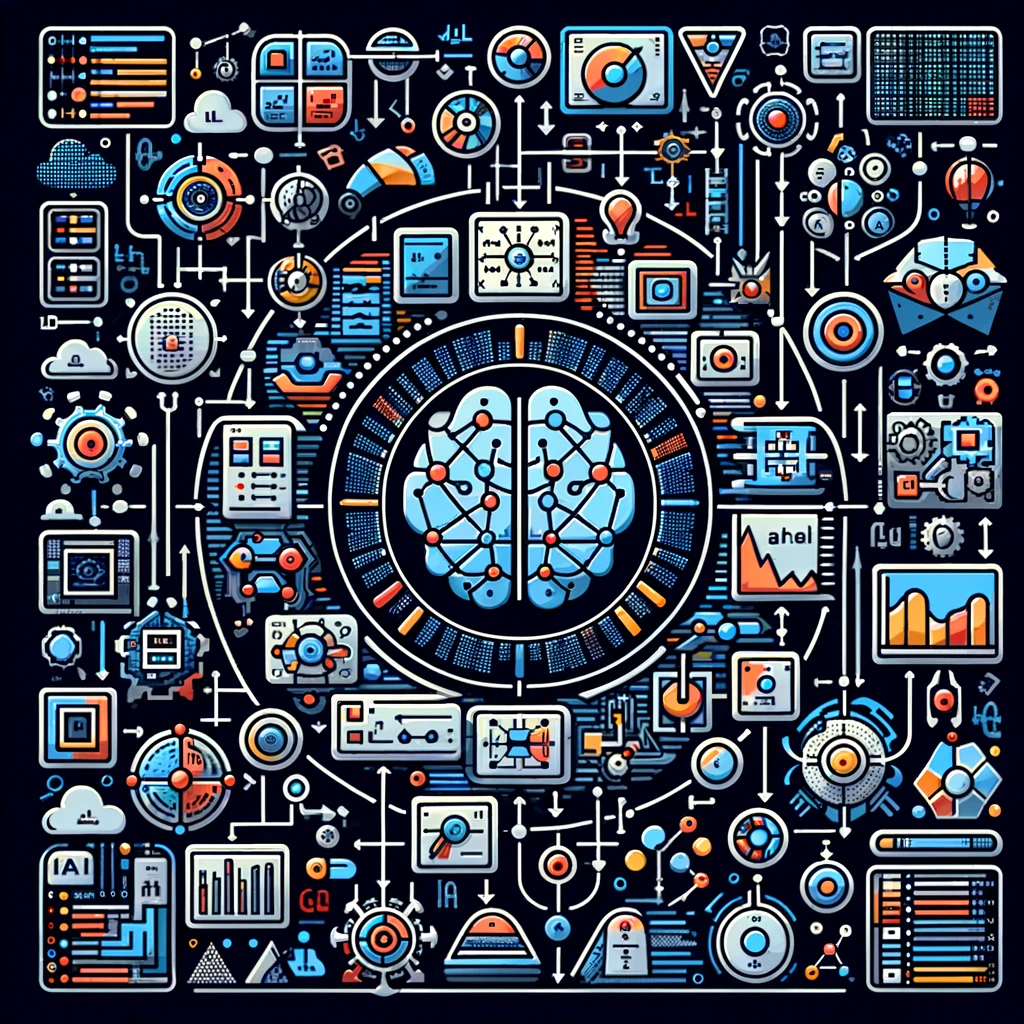
5. Neural Networks and Deep Learning
Delve into the workings of the human brain to inspire neural network architectures. Grasping the nuances of neural networks and their deep learning extensions is essential for applications such as image and speech recognition.
- Basics of neural networks: Neurons, activation functions, layers, and how they mimic human brain functioning.
- Deep learning architectures like Convolutional Neural Networks (CNNs) for image processing and Recurrent Neural Networks (RNNs) for sequence analysis.
- Training techniques, backpropagation, and understanding of overfitting and regularization.
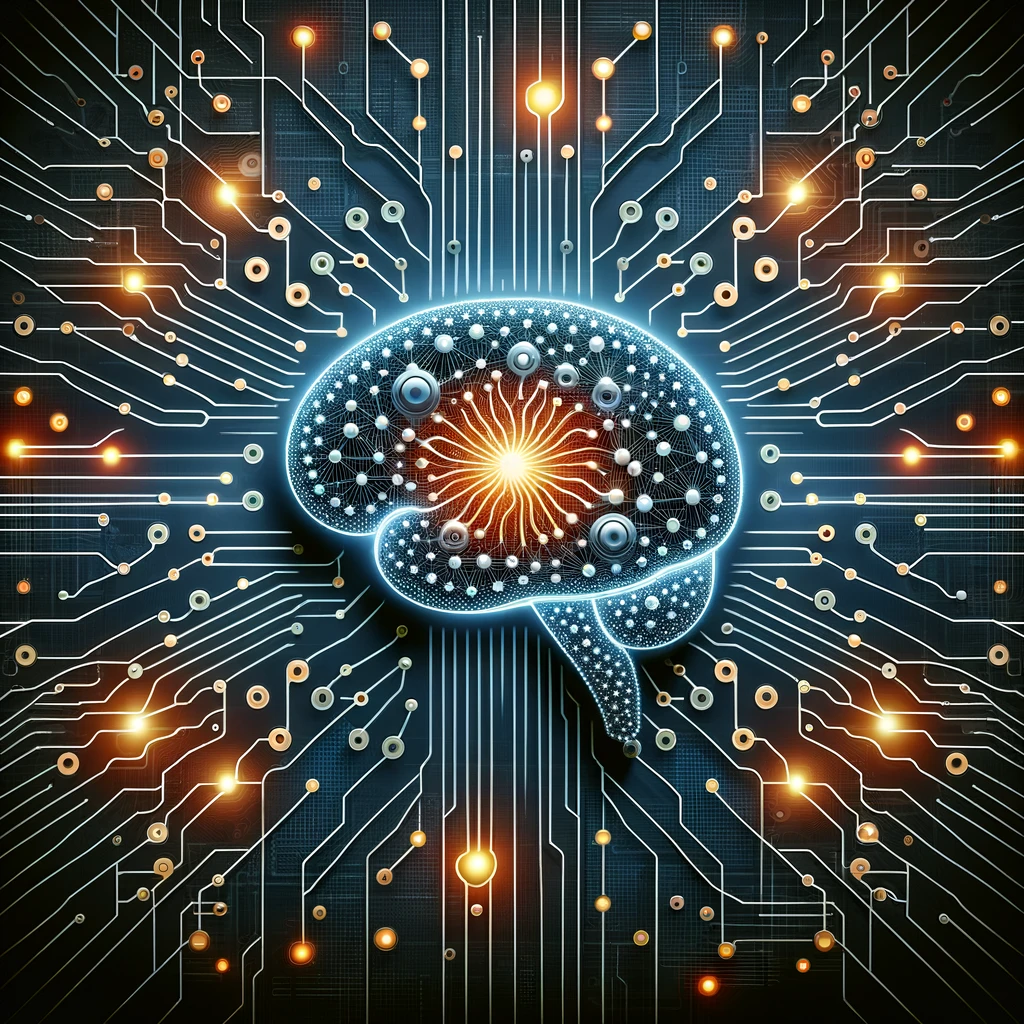
6. Understanding of AI and ML Frameworks
Familiarize yourself with the leading AI/ML frameworks. TensorFlow and PyTorch lead the way for model building and training, while Keras offers a friendly interface for neural network design.
- TensorFlow and PyTorch for building and training complex models.
- Scikit-Learn for implementing simpler algorithms and for its comprehensive tools for model evaluation.
- Keras as a high-level neural networks API, running on top of TensorFlow, designed for human readability and ease of use.
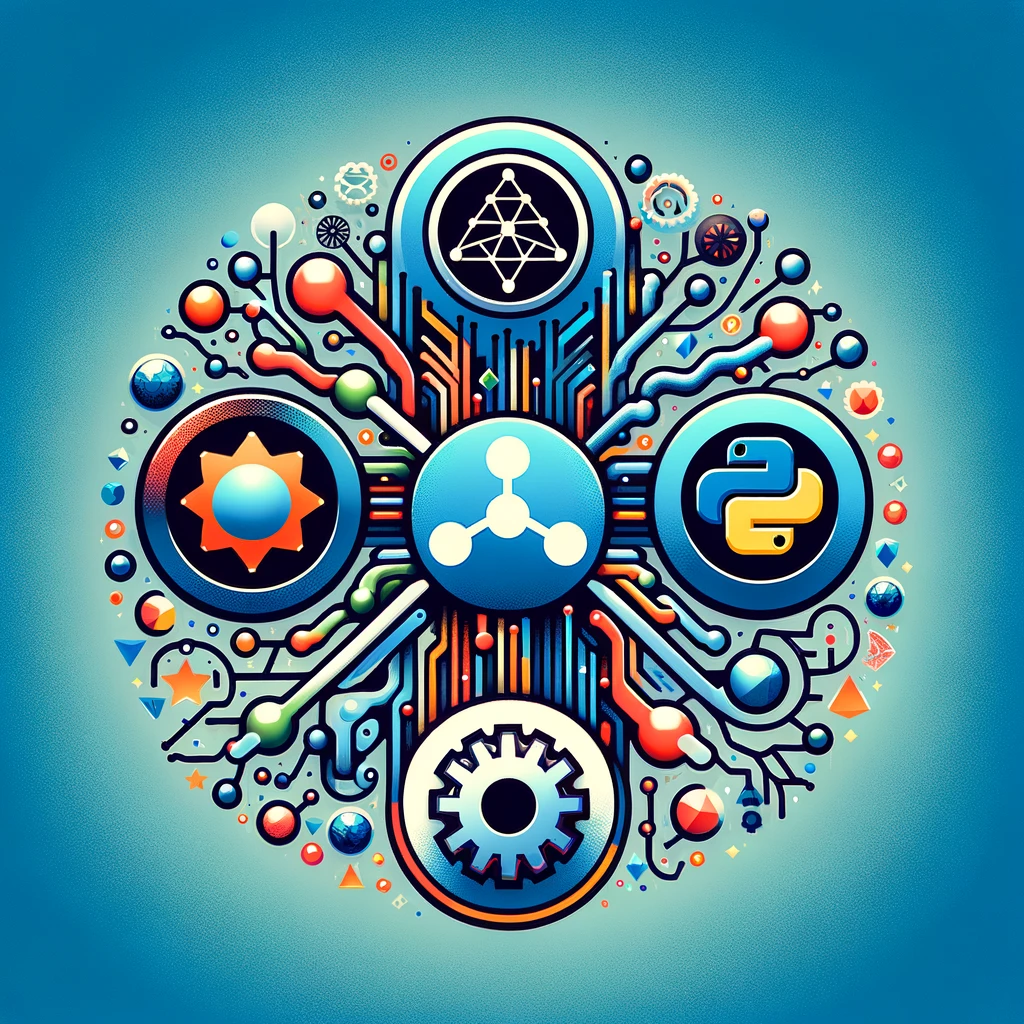
7. Problem-Solving Skills
AI/ML development is intrinsically about problem-solving. Develop a strong analytical mindset, learn to decompose complex problems, and iterate towards solutions with techniques like cross-validation and grid search.
- The importance of a methodical approach to breaking down complex problems into manageable parts.
- Techniques for hypothesis testing, experimentation, and iterative improvement of models.
- Using cross-validation, grid search, and other techniques for optimizing model performance.
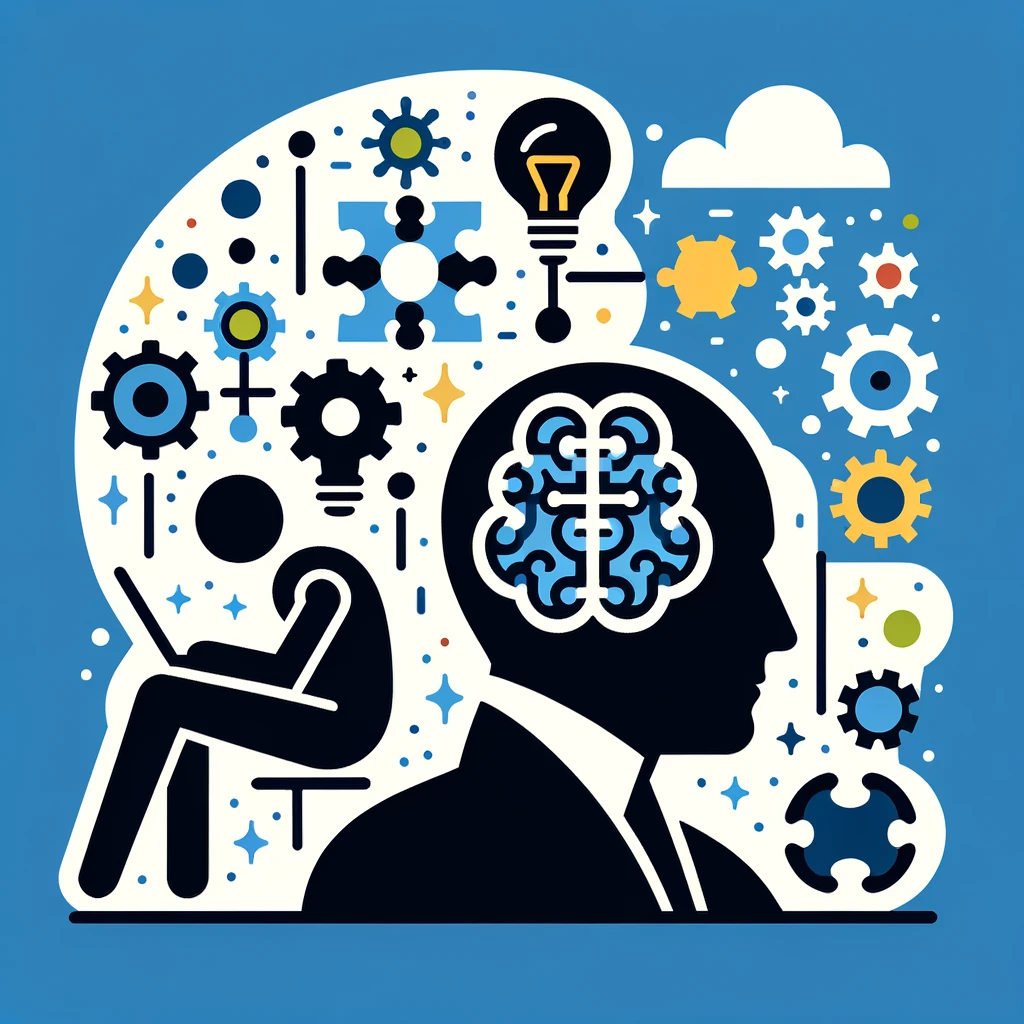
8. Domain Understanding
The power of AI/ML is best harnessed when tailored to specific domains. Whether it’s finance, healthcare, or e-commerce, a deep understanding of the domain’s nuances ensures that AI/ML solutions are relevant and impactful.
- Importance of understanding the specific field (like finance, healthcare, etc.) where AI/ML is applied.
- Tailoring AI/ML solutions to specific domain problems.
- Gathering and interpreting domain-specific data accurately.
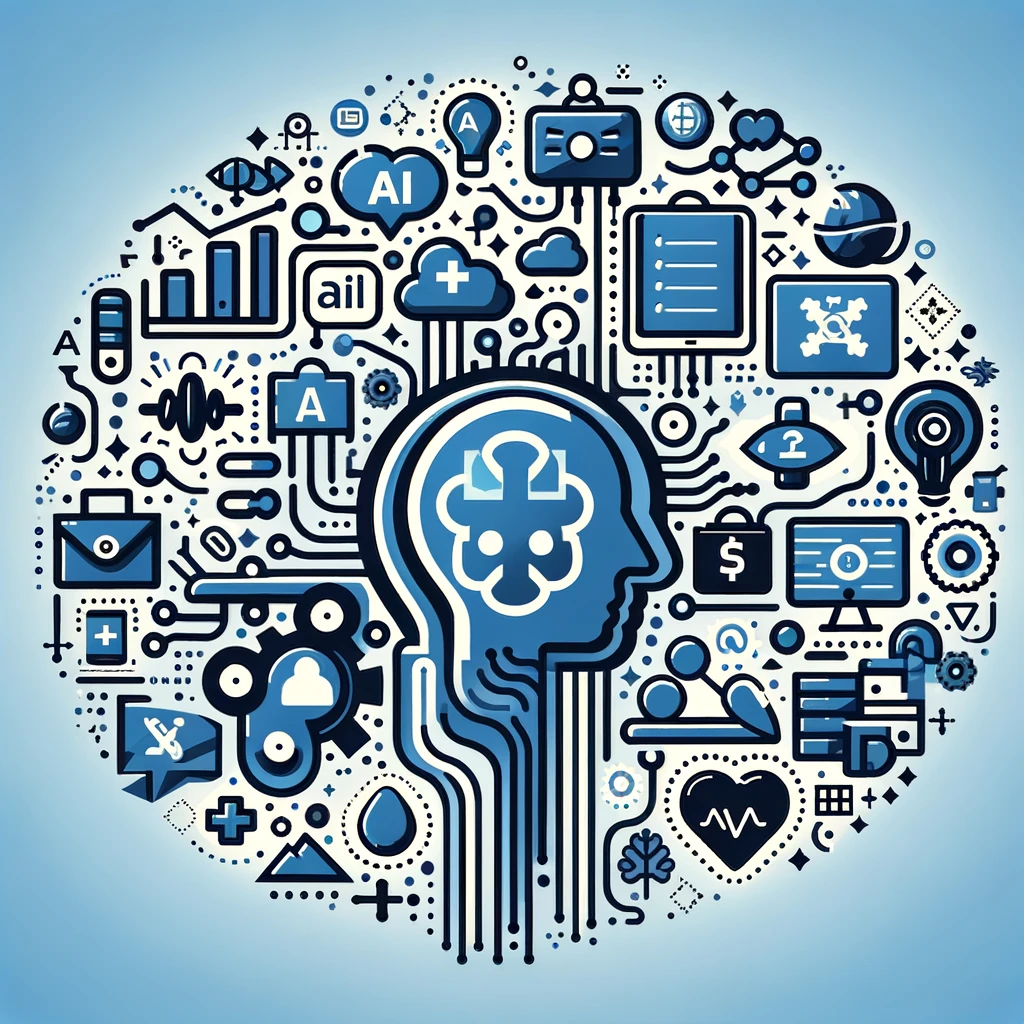
9. Software Engineering Practices
Good software engineering goes hand in hand with effective AI/ML development. Practices like version control with Git, thorough debugging, and comprehensive testing are what sustain long-term project health and scalability.
- Version control systems like Git for tracking changes in code.
- Debugging techniques and the importance of writing clean, readable, and maintainable code.
- Testing methodologies to ensure model reliability and performance.
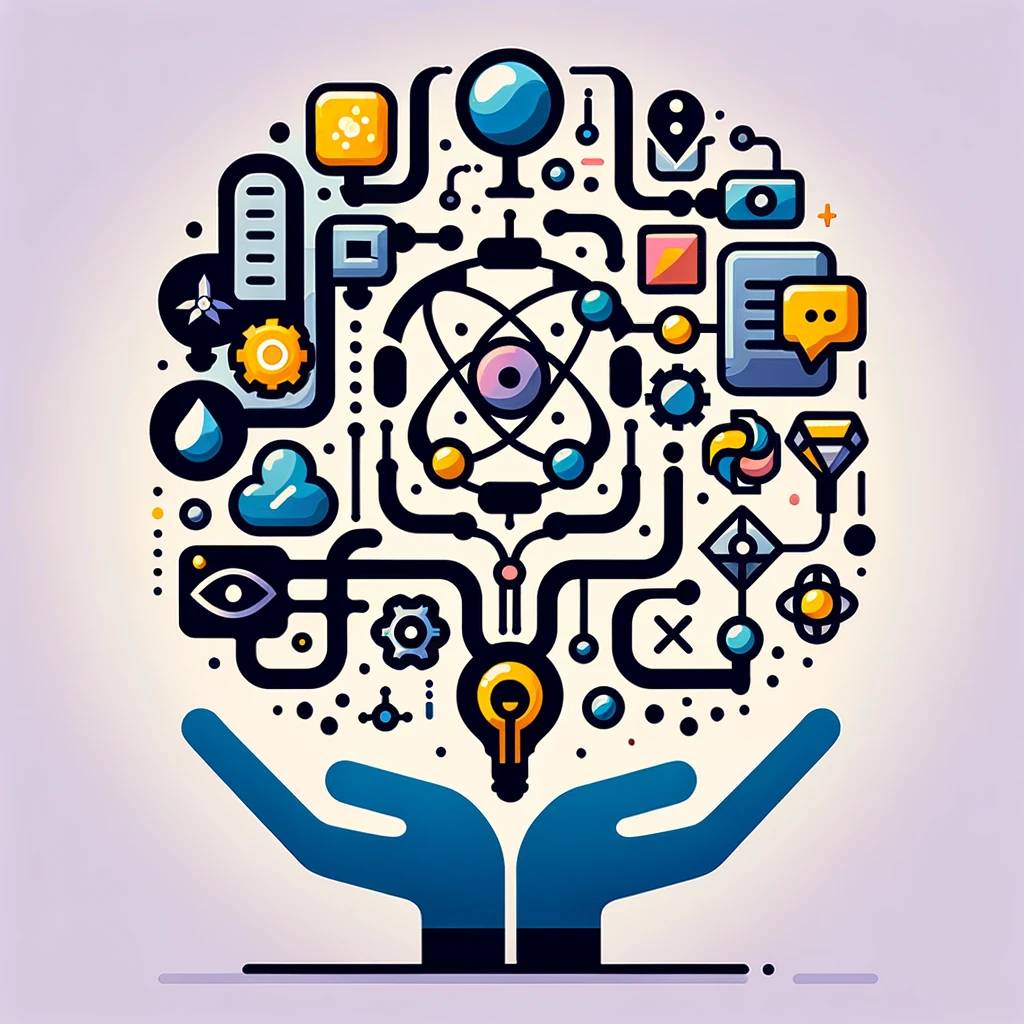
10. Ethics and Privacy
As the AI/ML systems we build become more integral to our lives, we must anchor them in ethical practices and respect for privacy. Bias detection, transparent design, and data protection are pillars of responsible AI/ML development.
- The impact of bias in data and algorithms on AI fairness.
- Privacy concerns, especially with models processing sensitive data.
- Principles of ethical AI design, like transparency and accountability.

